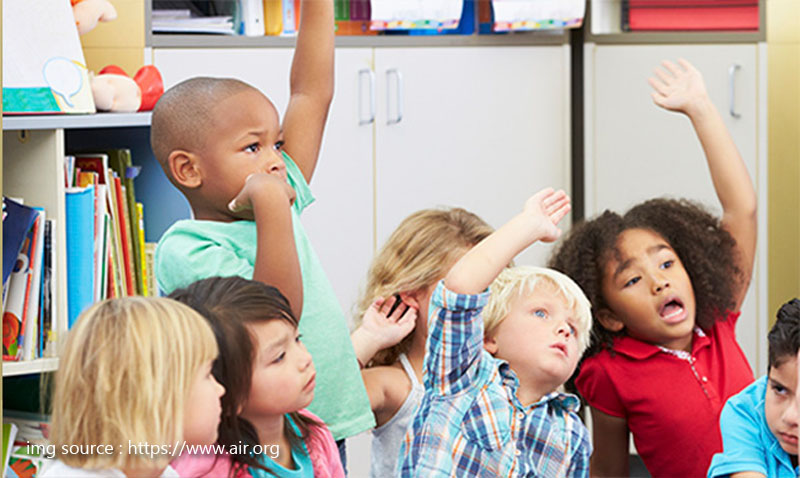A Child’s Future Is a Concern for the Present
We all want the best for our children. Before we have kids that ideal might suggest a rather easy path in life. Oh, to be sure, few people would consider it effortless. But actually, deciding on the options for our kids often seems easy before we’re thrown into the midst of it. After all, don’t we simply need to ask ourselves what’s best for a child and then go with that option?

Any parent can attest to the fact that things are seldom this easy. In reality we’re often confronted with complex choices which require balancing different benefits and deficits. For example, consider the standard situation of two working parents. That position will itself require some thought to decide on it rather than having one parent stay at home full time. To begin, the family loses out on money that’s extremely beneficial for a child. Next, the child might internalize …
A Child’s Future Is a Concern for the Present Read More
